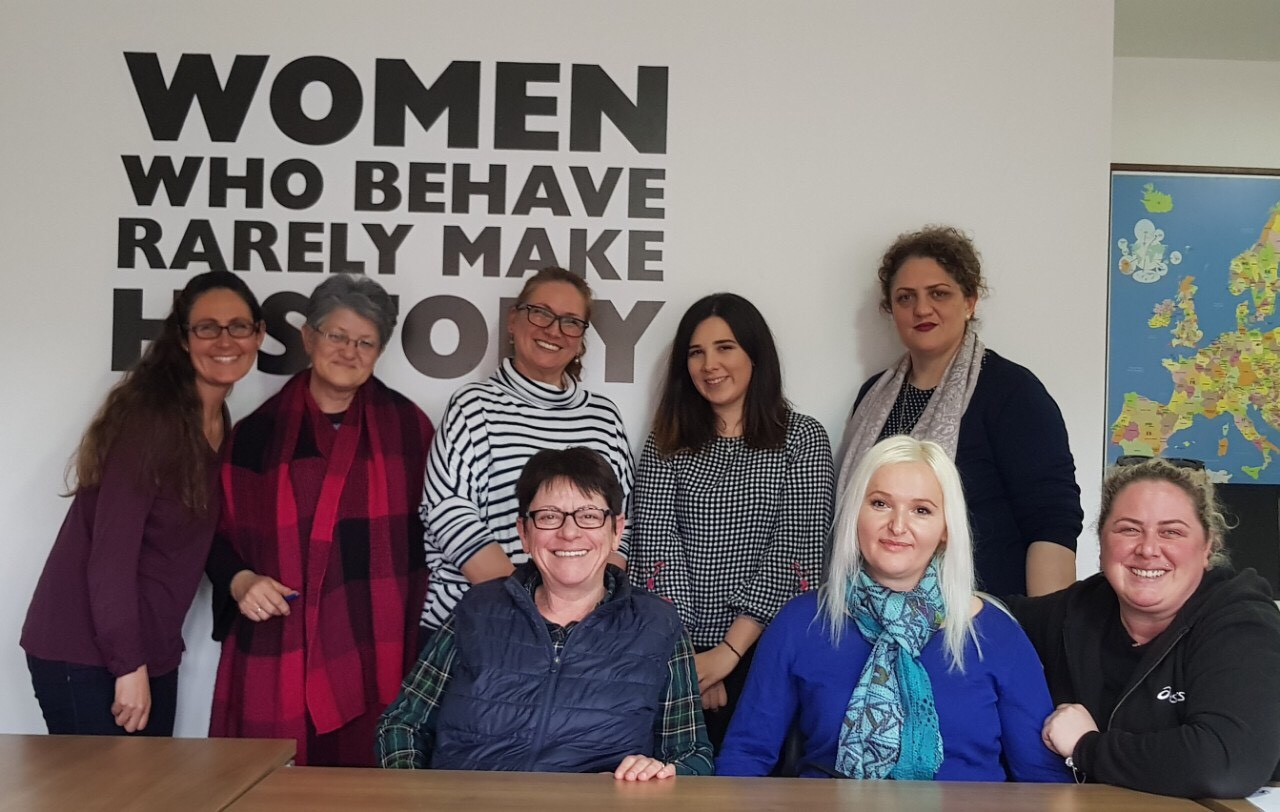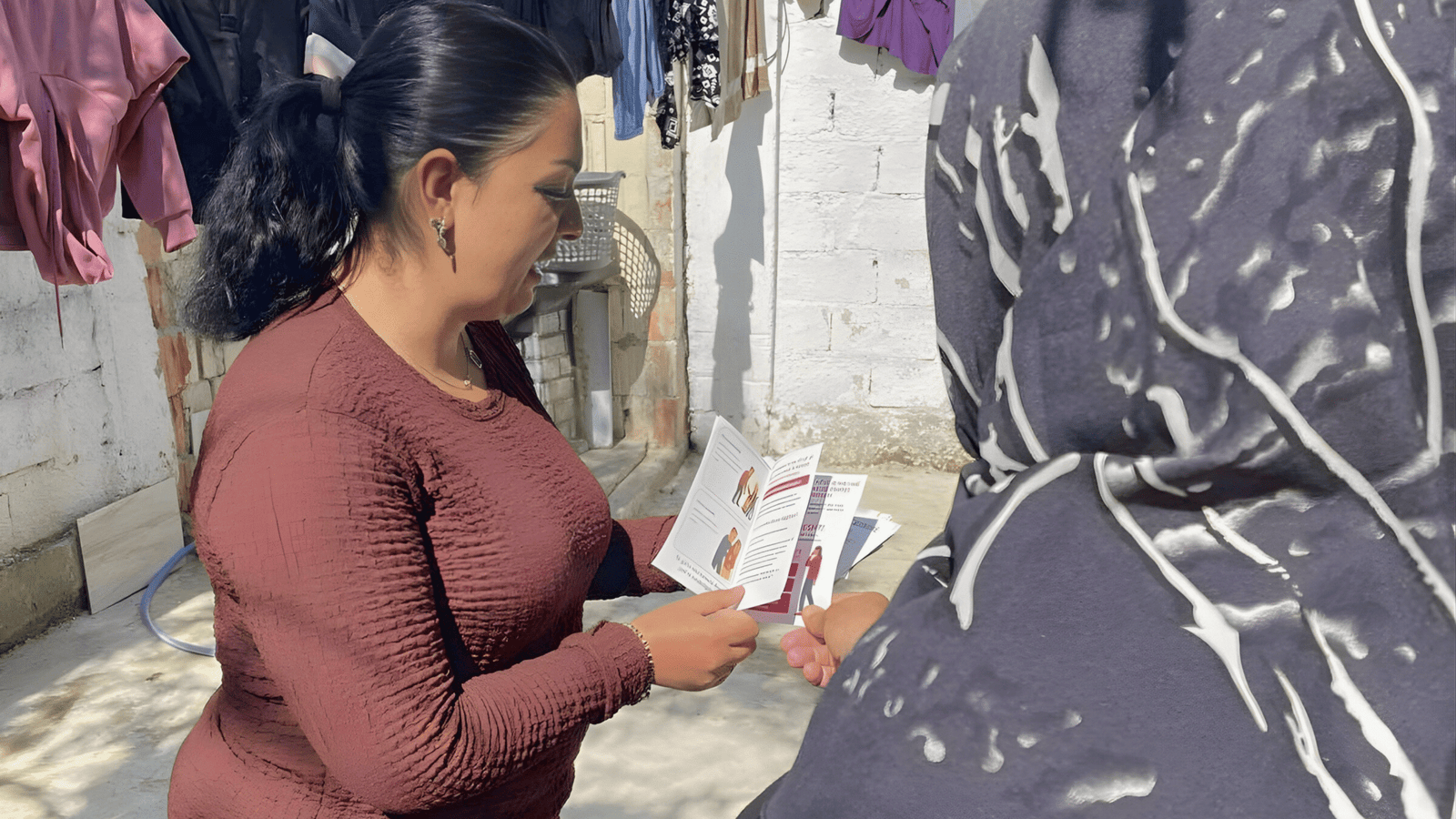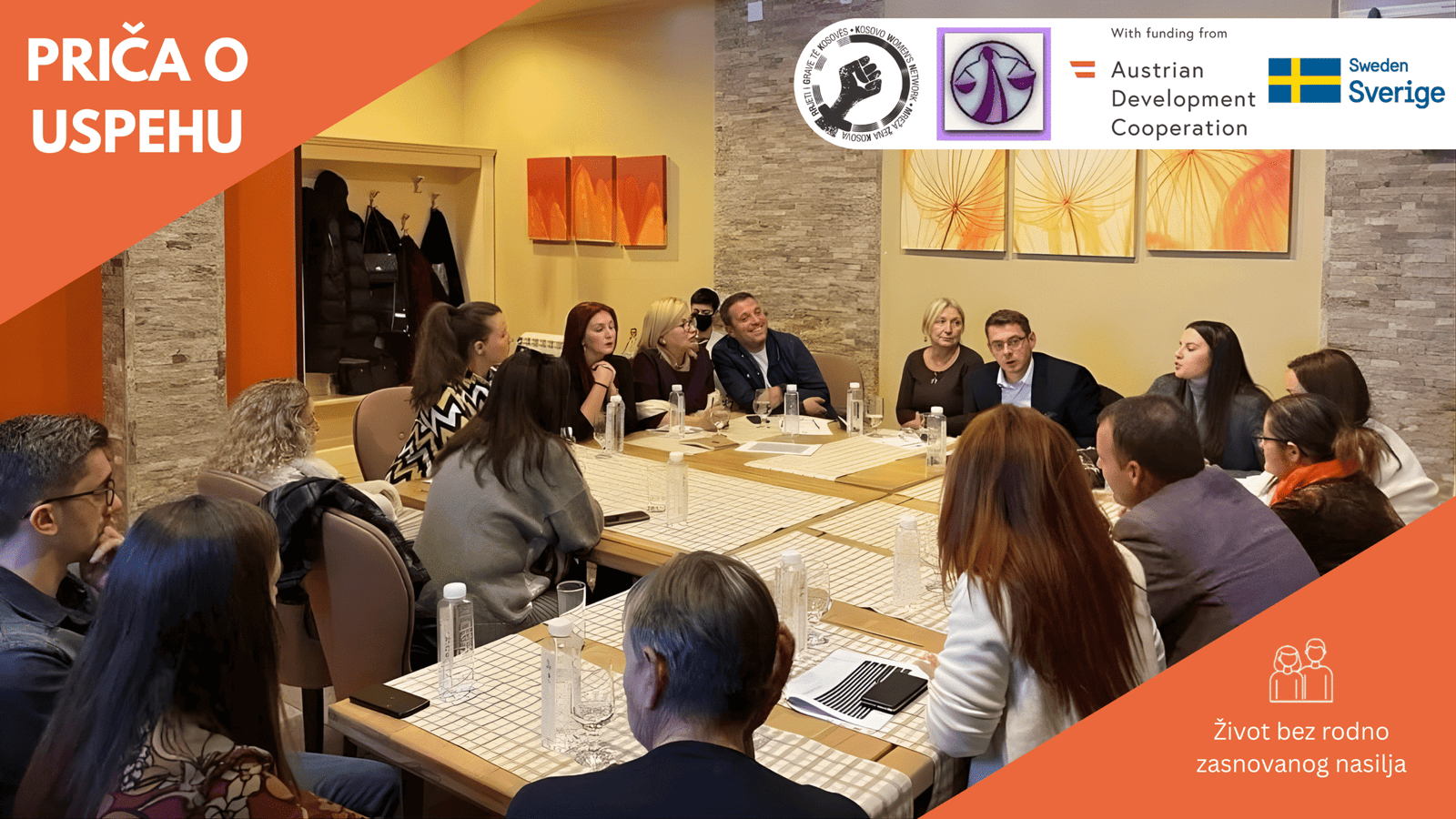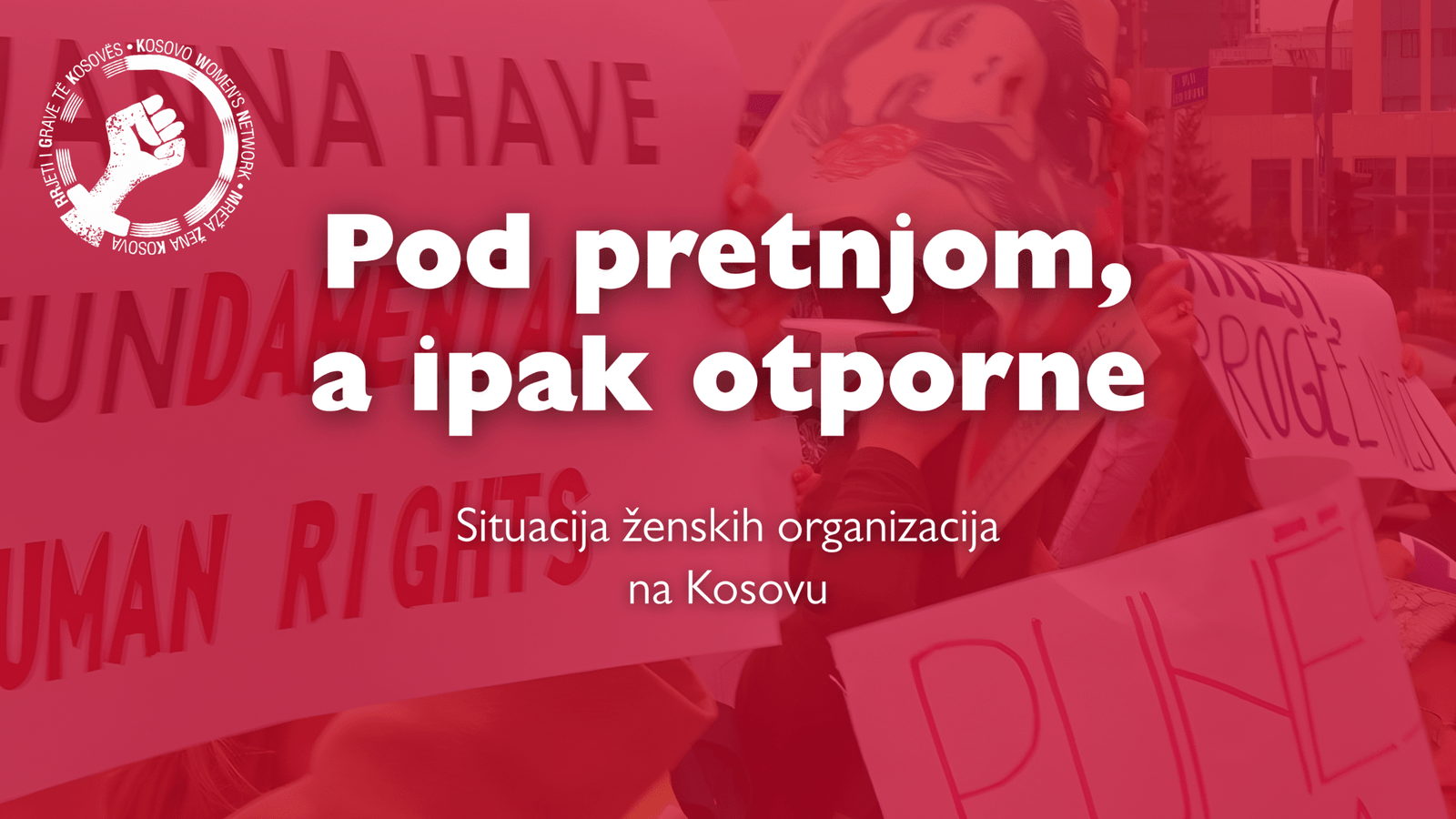On Jan. 24, the Kosovo Women’s Network (KWN), Organisation of Persons with Muscular Dystrophy of Kosovo (OPMDK), Ruka Ruci (RR) and the European Women Lawyers Association (EWLA) officially launched their new joint action, “Strengthening Women’s Participation in Politics”, in the amount of €600,500, with €540,000 supported by the European Union (EU) Office in Kosovo and €60,500 from other contributions.
From now through Dec. 2022, they will work together towards increasing women’s participation in politics and decision-making at both local and central levels. This initiative will contribute to achieving KWN’s Strategy for 2019-2022, recently adopted by KWN members in Dec. 2018. More specifically, this Action seeks to improve the capacities, inclusiveness, solidarity, representativeness and political engagement of women’s networks, so they may engage more in Kosovo’s EU accession process.
In addition to supporting KWN, the initiative will strengthen the Kosovo Lobby for Gender Equality (KLGE), which brings together women in politics and civil society, as well as men supporters, at the municipal level to advocate for actions towards gender equality locally. The initiative also will support the Coalition for Equality (CfE), a newly formed coalition in 2018, which unites diverse women from politics and civil society at both national and municipal levels in advocating together for important reforms towards gender equality. Designed in close consultation with KWN, KLGE and CfE members, this action seeks to address the greatest challenges faced by women in politics today.
The Law on Gender Equality (LGE) defines equal representation as 50% participation of women and men at all levels. However, electoral laws are not aligned and sanctions for not implementing the LGE are rare. Moreover, representation requirements set by the LGE are not met by most central and municipal level institutions. Following 2017 municipal and central elections, women comprise only 33% of municipal assembly members, 32% of parliamentarians, 10% of ministers, 5% of deputy ministers and 0% of mayors. Women with disabilities, as well as Roma, Ashkali, Egyptian and Gorani women are not represented.
“Women with disabilities are seldom mentioned and discriminated against not only in relation to men, but also ignored by the society in general”, said Resmija Rahmani from OPMDK. “I know that we won’t be able to eradicate the problem completely. However, I believe that one step at a time, we can really push for changes.”
As stated in the Kosovo Gender Analysis, compiled by KWN, obstacles to women’s participation in politics include socialized gender stereotypes suggesting that women are not sufficiently qualified or capable of being political leaders; political parties’ resistance to involving women; low financing; minimal media coverage of women politicians; women’s time constraints due to care responsibilities at home; and weak connections with constituents.
In order to address these challenges, the new initiative will work closely with women politicians at all levels and women interested in entering politics towards enhancing their capacities. Moreover, considering their significant underrepresentation to date, the initiative aspires to engage women with disabilities and women from minority ethnic groups more in the aforementioned networks, as well as in politics and decision-making. Inclusiveness and solidarity are fundamental values in this initiative to expand the women’s movement in Kosovo. More meetings between women politicians and citizens, organized in municipalities throughout Kosovo, will seek to engage women citizens, particularly those previously marginalized, in political and decision-making processes. They will have opportunities to bring their concerns directly to decision-makers. Grants to women’s rights groups amounting to a €105,000 over four years will support joint advocacy efforts, together with women politicians, towards gender equality at the local level.
All networks will benefit from the expertise from European lawyers, related to Kosovo’s EU Accession process and reforms needed to align Kosovo law with the EU Gender Equality Acquis. Meanwhile, new philanthropic initiatives and a strengthened Volunteer Program will seek to secure resources to better sustain the women’s movement in the future.
This initiative builds on the successes of several previous KWN initiatives, achievements made in the last KWN Strategy for 2015-2018, existing collaboration with KLGE and CfE and the inspirational work of OPMDK and RR in engaging previously marginalized women in advocacy initiatives, supported by the KWN Kosovo Women’s Fund.
“The network selected you specifically thanks to the work and results you have achieved through small grants,” said Igballe Rogova, KWN Executive Director, during the partners’ first joint meeting. “We need an active voice for women with disabilities and women from minorities as part of the feminist movement and political decision-making processes.” KWN also will seek to actively engage its other member organisations in different dimensions of this initiative.
Representatives from OPMDK and RR expressed their willingness and enthusiasm for this initiative.
“This project comes with many responsibilities and challenges,” said Nevenka Rikalo, RR Executive Director, “but I am sure that together we will do even better than we have initially planned.”
All partners agreed that only through genuine cooperation can we work towards advancing and empowering women to participate in politics and decision-making, especially increasing the number of marginalized women engaged in political processes.







